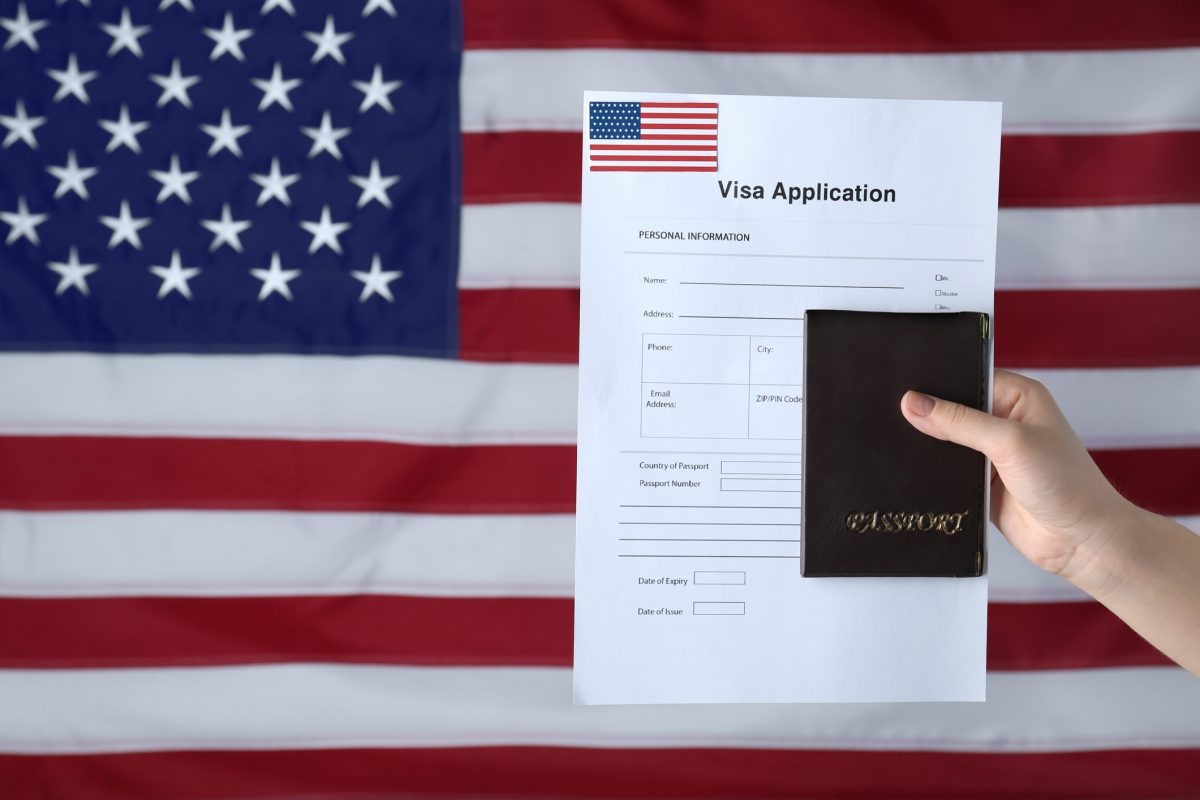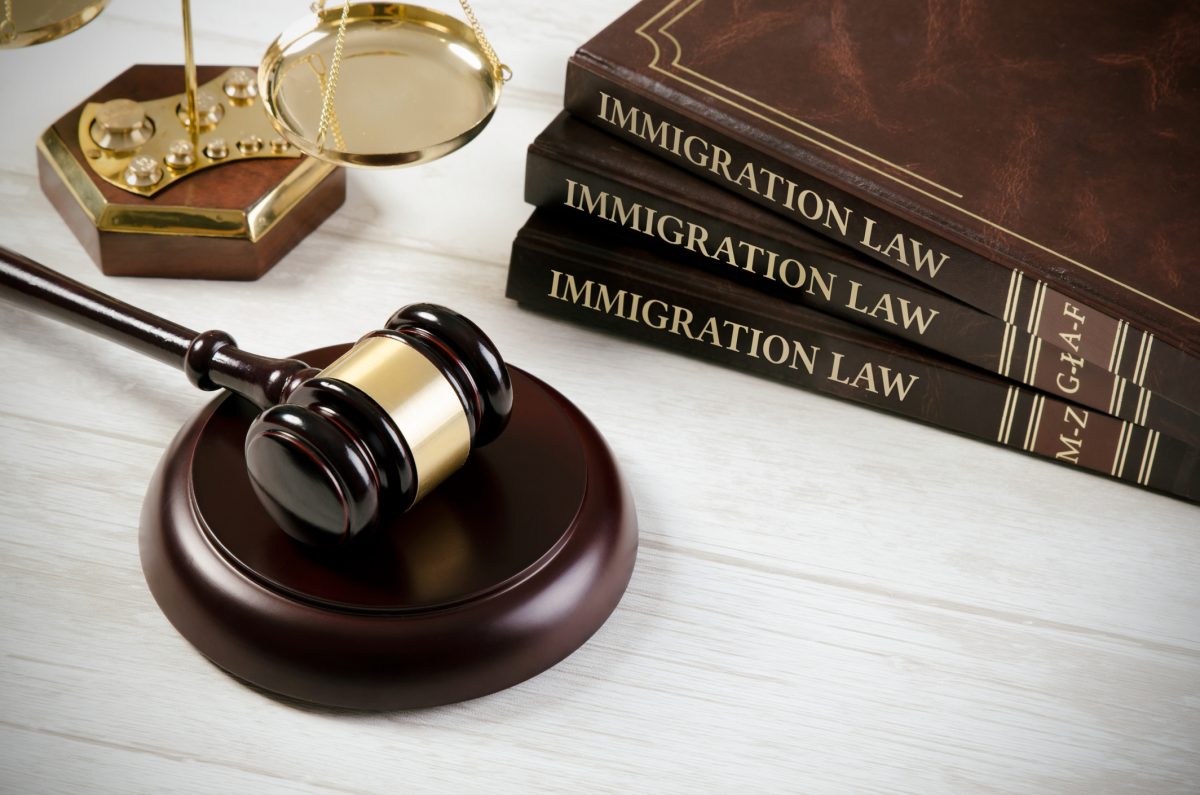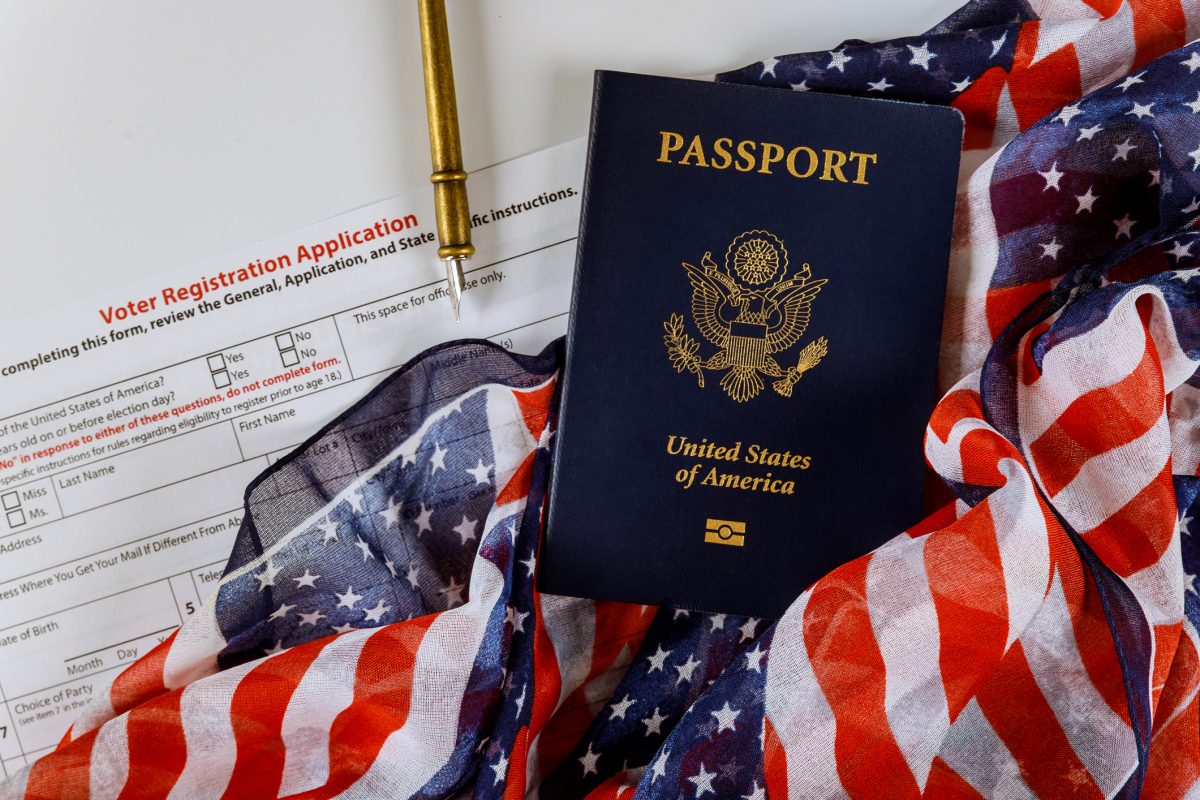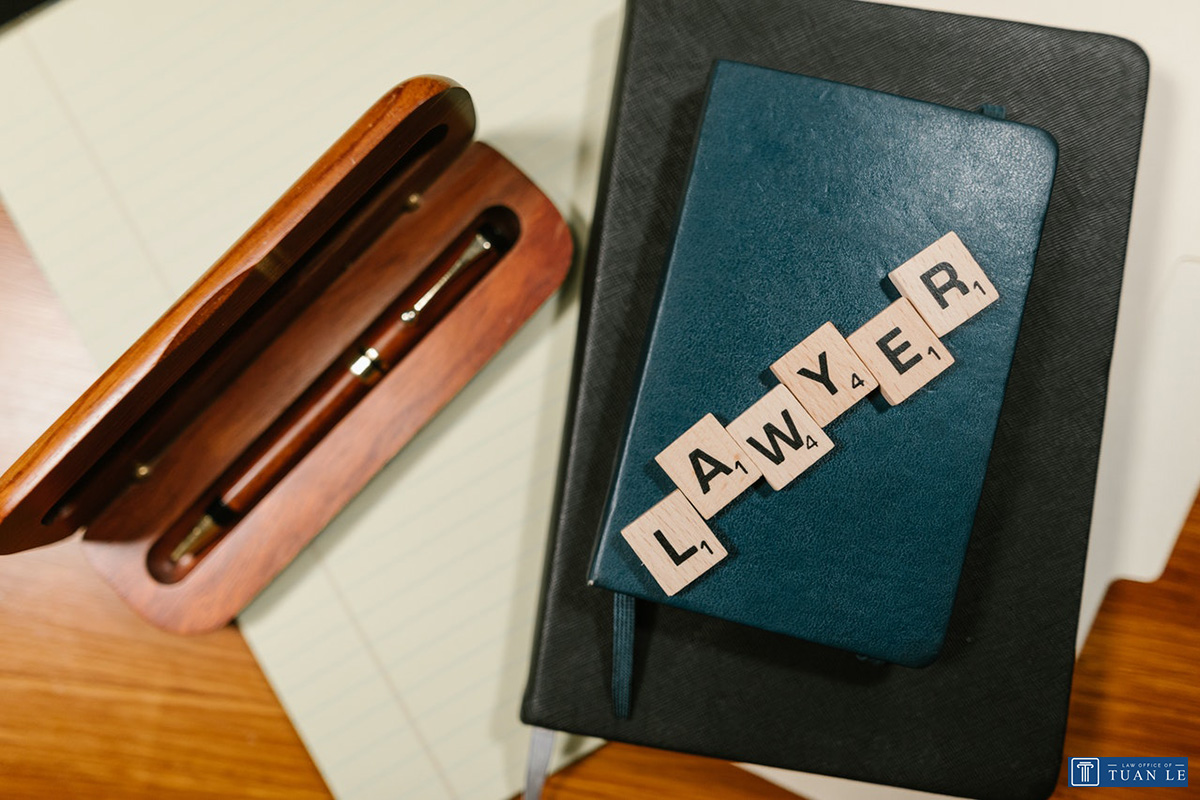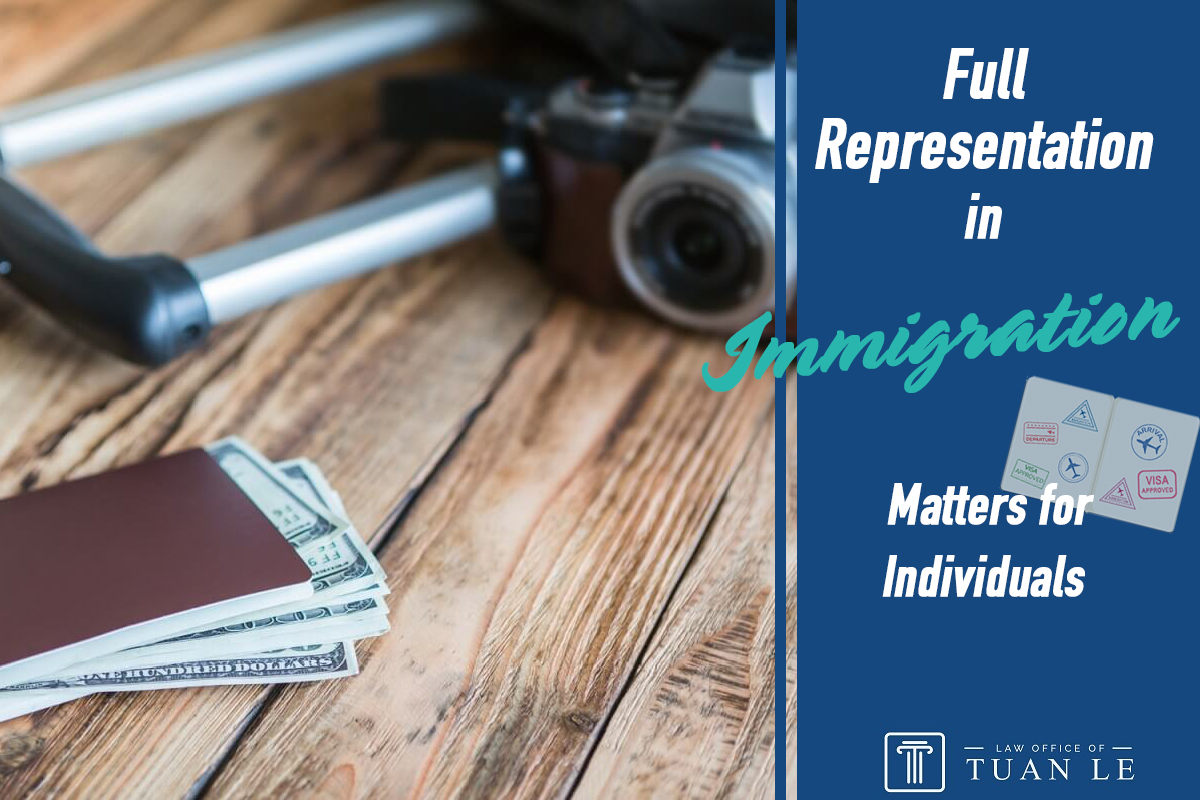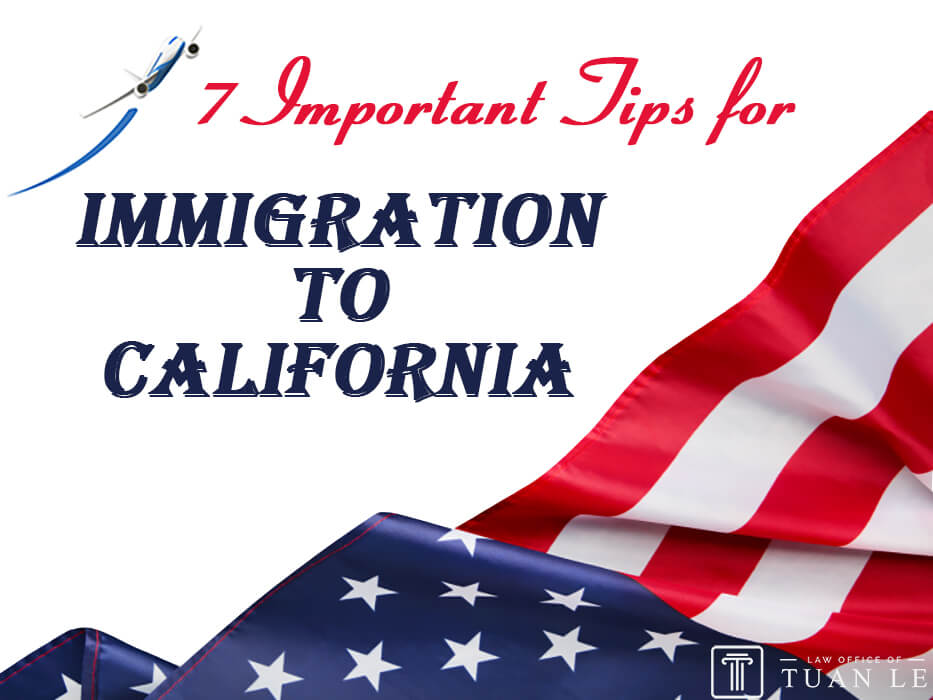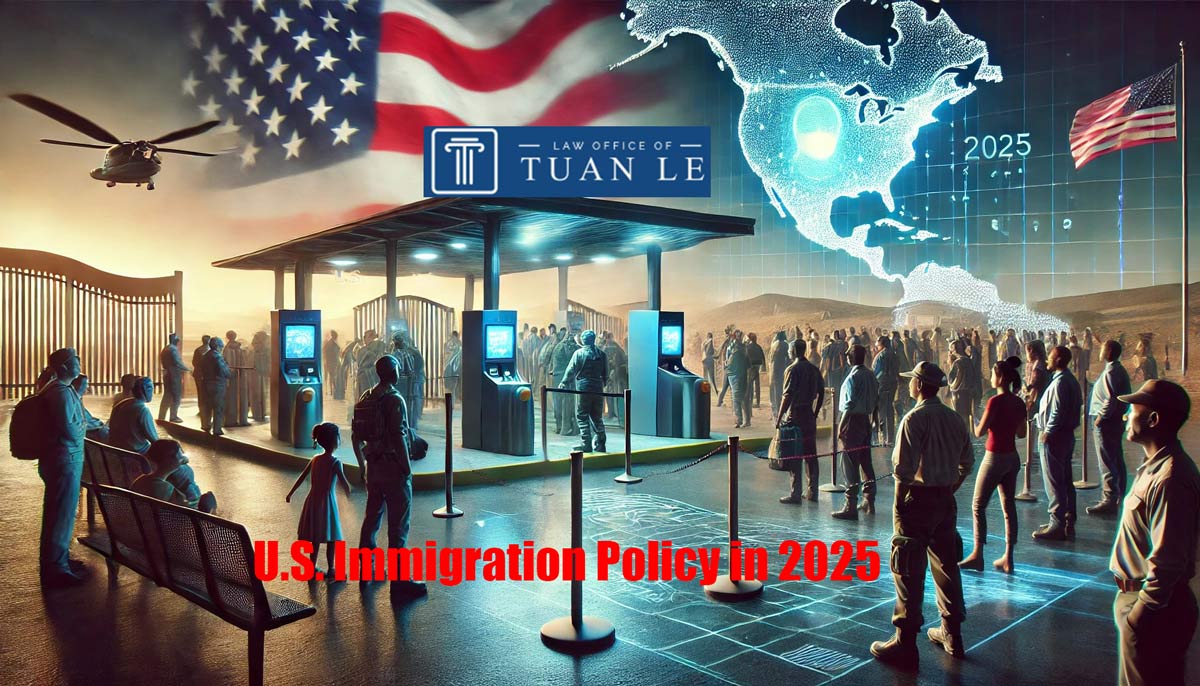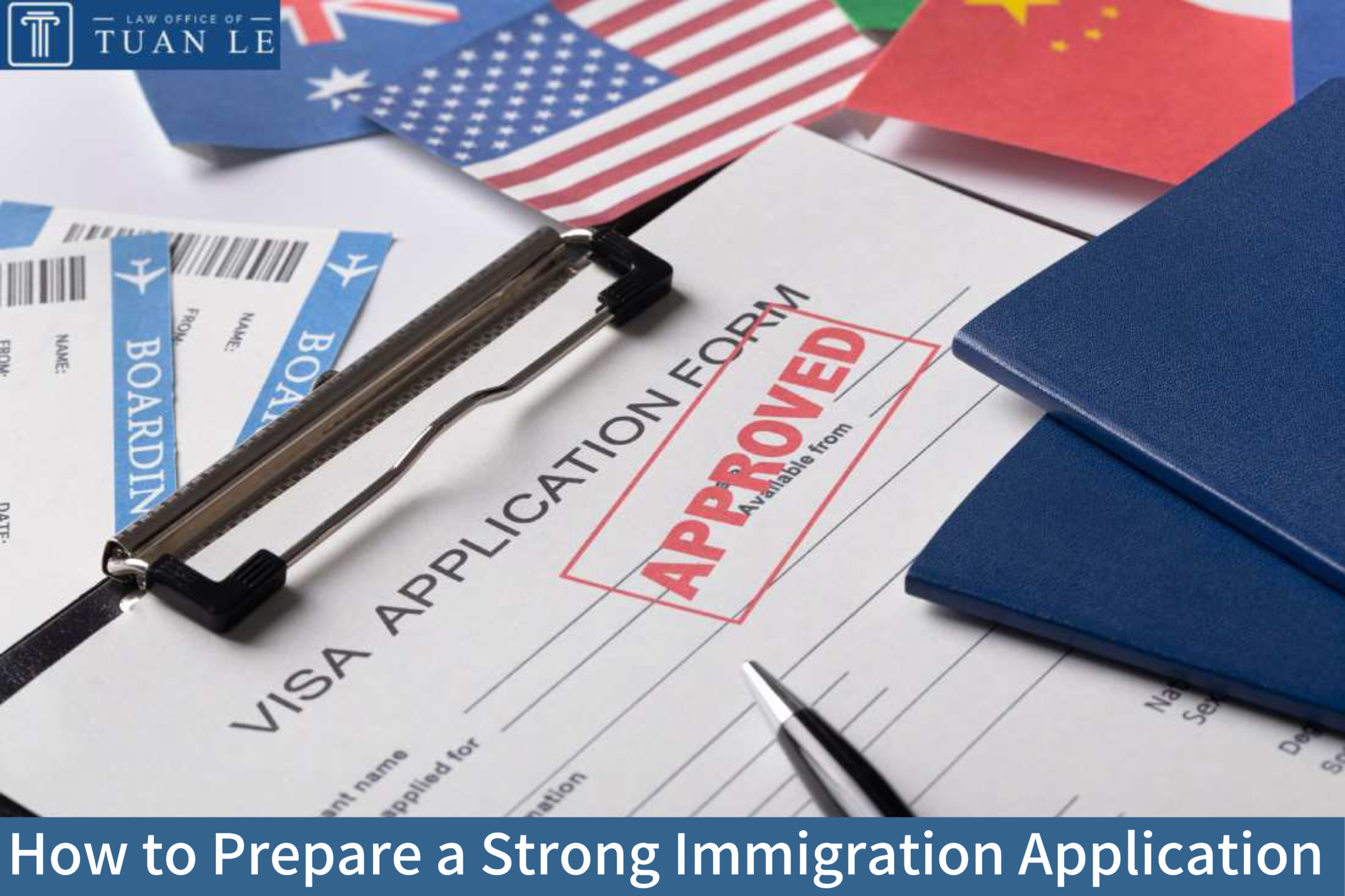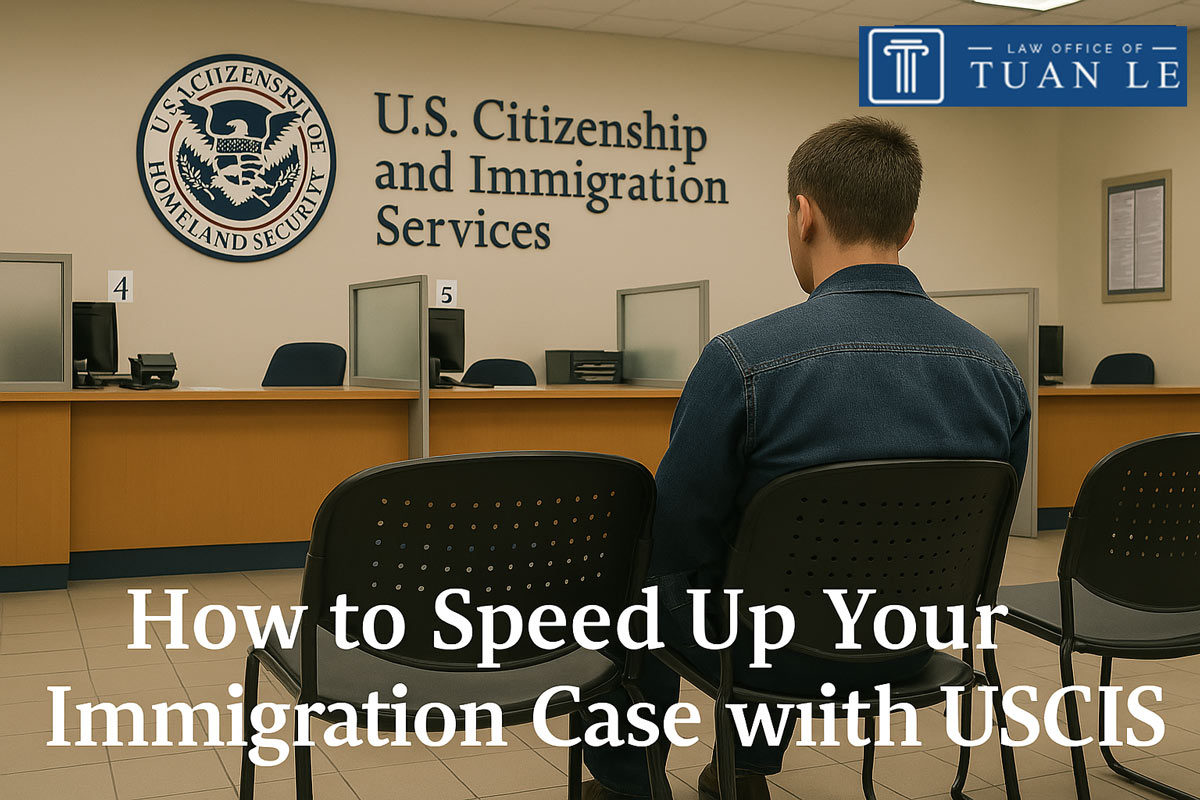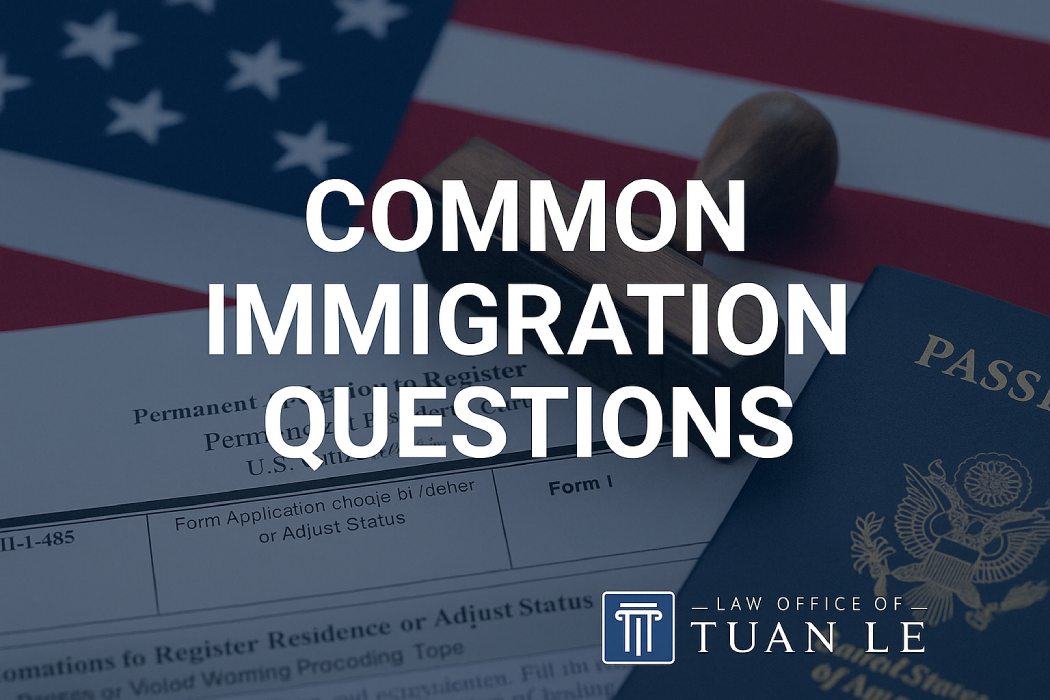EB-1 Visas Requirements, Eligibility, and Application

U.S. employment-based visas, such as EB-1 visas and EB-2 visas, are offered to foreigners who have found a job in the United States and are qualified to immigrate to the US. The U.S. Immigration Law has laid down certain requirements and eligibility criteria for each group of these immigrant work visas. As a result, the country can only select foreign individuals with the right skills, talents, and knowledge.
There are 5 different types of work visas in the US. The first one, and the most respected one, is the EB-1 visa. This type of visa includes a few categories. Each of these subcategories sets out a few EB-1 visa criteria for specific groups of candidates.
In this EB-1 visas guide, you will learn about its categories, requirements, EB-1 visa eligibility, its benefits, how to apply for an EB-1 visa, and more. Read on to find out if you are eligible for this highly regarded immigrant visa.
Have an immigration consultation with our accomplished immigration attorney. You will find out which type of US work visa is suitable for you.
Different Categories and Qualifications of EB-1 Visas
The first priority workers Eb-1 visa is only available to those foreign individuals with Extraordinary Ability, Outstanding Professor or Researcher, Multinational Executive or Manager. In other words, you can obtain this type of visa only if you have astonishing work or academic achievements.
There are different requirements and eligibility criteria for each of these EB-1 visa categories. Those who are found eligible for this type of visa will not need an Employment Authorization Document to live and work in the US.
We will discuss each EB-1 visa category one by one.
Extraordinary Ability Visa
Those who wish to apply for extraordinary ability EB1 visa (also referred to as EB-1A visa), must be able to prove that they have extraordinary ability, skill, and achievement in a certain field, such as arts, sports, education, science, and business.
To prove your great ability, you should have enough EB-1 visa evidence and documentation to show your ability is extensive, prominent, and/or internationally recognized.
For example, if a photographer gains a prestigious international award in photography, he or she can apply for this type of EB-1 visa. Other examples include Nobel Prize winners, Oscar winners, or Olympic athletes. However, it is possible to be qualified for the EB-1A visa without having international awards if you can gather enough evidence. See the complete list of criteria for this visa on the USCIS website.
It might be a bit difficult to prove your extraordinary abilities but, on the plus side, you will not need an employment offer to apply for it.
Outstanding Professor Visa
Professors and researchers who have made great and significant contributions to their field of science can apply for an outstanding professor or researcher EB-1 visa (also referred to as EB-1B visa). They must be able to prove their achievements to be eligible for an EB-1 visa application.
Applicants have to meet the following EB-1 visa requirements:
- A minimum of 3 years of experience in their field (as a researcher or university teacher),
- Prove that their goal for immigration to the US is to continue their contribution to their field by doing research or teaching at university.
For example, professors who are internationally recognized in their field can collect their EB-1 visa documentation and apply for this type of visa. However, they need an employment offer letter to be able to file their EB-1 application.
Multinational Executive Visa
Eligible candidates for EB-1C visa or multinational executive or manager EB-1 visa are those who have worked in a US company’s foreign branch.
The minimum period required for working for the international U.S. company is one year, which must have been in the last 3 years. The candidates must be able to prove that they are going to resume their job in the same company in the US. And, they should be working in the same position or a higher one.
Therefore, their US employer must be willing to petition for them to transfer their foreign managers or executives to their U.S.-based branches. To learn more about this petition requirements see here.
Preparing your EB-1 visa evidence and documentation to conform with the USCIS requirements might require some experience. Ask a competent immigration lawyer for some help and advice by phone call.
EB-1 Visa Application Proces
There are some differences between applying for an EB-1A visa and the two other subcategories of EB-1 visas. As mentioned above, for the EB-1A visa you can apply for yourself. But for the EB-1B and EB-1C visas a qualified US employer, who is offering you a job, has to file the petition for you.
In any case, the application process includes a few steps. Upon completion, you might receive your visa to immigrate to the US. Or, if you are already in the country, you can adjust your status. However, your application/petition may get rejected. This means you are not qualified to receive an EB-1 visa according to the USCIS.
Applying for EB-1 Visa by Yourself
If you are planning to apply for the extraordinary ability EB1 visa, you can simply file your request yourself. To do so, you must follow the procedures below.
EB-1 Adjustment of Status: If You Are in the U.S.
For individuals who are living in the United States and wish to change their status to EB-1A Green Card, the steps include
- File Form I-140, Immigrant Petition for Alien Worker with the USCIS. You can file it online or send it to the direct addresses provided here. If you opt for an electronic application, you will need to mail the documents and evidence.
- Wait for the USCIS to process your application. If your petition for the EB-1 visa is rejected, you can appeal by filing Form I-290B, Notice of Appeal or Motion. But if your petition is approved you can continue with the next step.
- File Form I-485 to adjust your status to EB-1A Green Card to become a lawful permanent resident of the U.S. In case your application is denied, you can appeal by Form I-290B or by appealing to the Administrative Appeal Office (AAO) within 30 days.
Please note that no employer letter or labor certification is needed for this type of EB-1 visa. But if you have a job offer from a U.S. employer, you can add it to your EB-1 visa documentation.
EB-1 Consular Processing: If You Are Not in the U.S.
Those foreign individuals with extraordinary abilities who are living outside the United States can apply for EB-1A through Consular Processing by going through the steps below.
- File the DS-260 form on your home country’s US Embassy or Consulate website (or anywhere else you are applying from).
- Do the medical examination and vaccination.
- Prepare your EB-1 visa evidence and documents and send them. (See below.)
- Attend the EB-1 visa interview at the US Embassy or Consulate you have applied from.
- If the interviewer decides you are qualified to be issued the EB-1A visa, you will receive a package from the National Visa Center (NVC) to take with you to the United States.
Note: You must not open the NVC package. It is only to be opened by an immigration officer in the US to allow you in.
EB-1B and EB-1C Visas Application Process
Unlike the EB-1A, you cannot apply for EB-1B and EB-1C visas by yourself. Your qualified future US employer that has offered you a job in the United States has to file the petition for you. To do so, the employer must
- file Form ETA 750 with the US Department of Labor (DOL) to obtain its labor certification.
- file Form I-140 with the USCIS and attach documents related to the company’s financial stability. If the application is approved, the NVC will take it from here.
- The NVC will send you (the applicant not the company) a package with a case and ID number. Instructions on how to continue the EB-1 visa application process from your home country will be included as well.
You can continue the application according to the instruction provided by the NVC, which is like the EB-1 consular processing described in the previous section.
EB-1 Visas Required Documents
The documents needed for the EB-1 application process include
- Your valid passport. (It must be valid for a minimum of 6 months after you enter the U.S.)
- Two recent photos that meet the requirements that are explained here.
- Your U.S. employer letter that offers you a job.
- The labor certification.
- The petition that has already been approved.
- Your DS-260 form confirmation page.
- The documents that show the completion of your medical examination and vaccination, and biometrics (if required).
- Evidence and documentation to support that you are eligible for the EB-1 visa you are applying for.
- Your previous employers’ letters.
- Any records of criminal background.
Also, keep in mind that you might be required to provide more documents.
Ask your questions about EB-1 visa green card sponsorship right now. Our full-service law office is here to assist you with a free 30-minute consultation.
EB-1 Visa Application Fees
Except for the fees you will need to pay for the supporting documents and translations, there are some other fees that the applicant or the company must pay.
- Filing Form I-140 fee: $700.
- Form I-485 fee: Ranges from $750 to $1140 based on your age.
- Biometrics fee: $85.
- DS-260 form fee: $325.
- Form I-864, Affidavit of Support, fee: $120.
In addition, you can ask for premium processing in which case you must pay $2500.
EB-1 Visas Processing Time
You can see the average processing time for each step of the EB-1 application process below.
- Processing Form I-140 by the USCIS: 4 months (premium processing takes 15 days).
- Processing Form I-845 by the USCIS: 17.5 months.
- The waiting time for the consular processing step depends on each US Embassy or Consulate. Check with the Embassy you are applying from to know the average processing time.
EB-1 Visa Benefits
Despite the difficulty to prove your qualifications and eligibility for the EB-1 visas, there are quite a few benefits. Some of the EB-1 visa advantages include
- There is no need for a labor certification.
- You can work in the United States permanently.
- It is a shortcut to become a permanent resident of the U.S.
- There are no limitations or restrictions for traveling inside or outside the country.
- You can apply for your dependents’ visas (spouse and children under 21).
Our Law Office Can Help You with Your Visa Planning
To work in the United States as an immigrant, you have to choose and apply for a type of US working visa. The choice is usually made based on your line of work and qualifications. In this article, you got familiar with EB-1 visas and their requirements. We also reviewed EB 1 visa benefits, concerns, and the application process.
However, hiring an immigration attorney can be a great asset. Immigration lawyers know the US immigration laws very well, and through experience have learned how to present visa evidence to make you look even more eligible. They can also speed up the process.
The Law Office of Tuan Le is located in Orange County, CA. With years of experience, we are ready to help you with any type of visa planning, naturalization process, immigration consultation, green card application, and other immigration services.
Contact us with a phone call or through the form below.
The information provided on this page or article does not, and is not intended to, constitute legal advice; instead, all information, content, and materials available on this this page or article are for general informational purposes only. Information on this this page or article may not constitute the most up-to-date legal or other information.
Readers of this this page or article should contact their attorney to obtain advice with respect to any particular legal matter. No reader, user, or browser of this this page or article should act or refrain from acting on the basis of information on this site without first seeking legal advice from counsel in the relevant jurisdiction.
By Tuan Le|July 29th, 2023|Immigration|Comments Off
About the Author: Tuan Le
Are you dealing with an immigration issue or planning to file for bankruptcy? Mr. Tuan Le is an expert attorney who offers representation in all these areas.
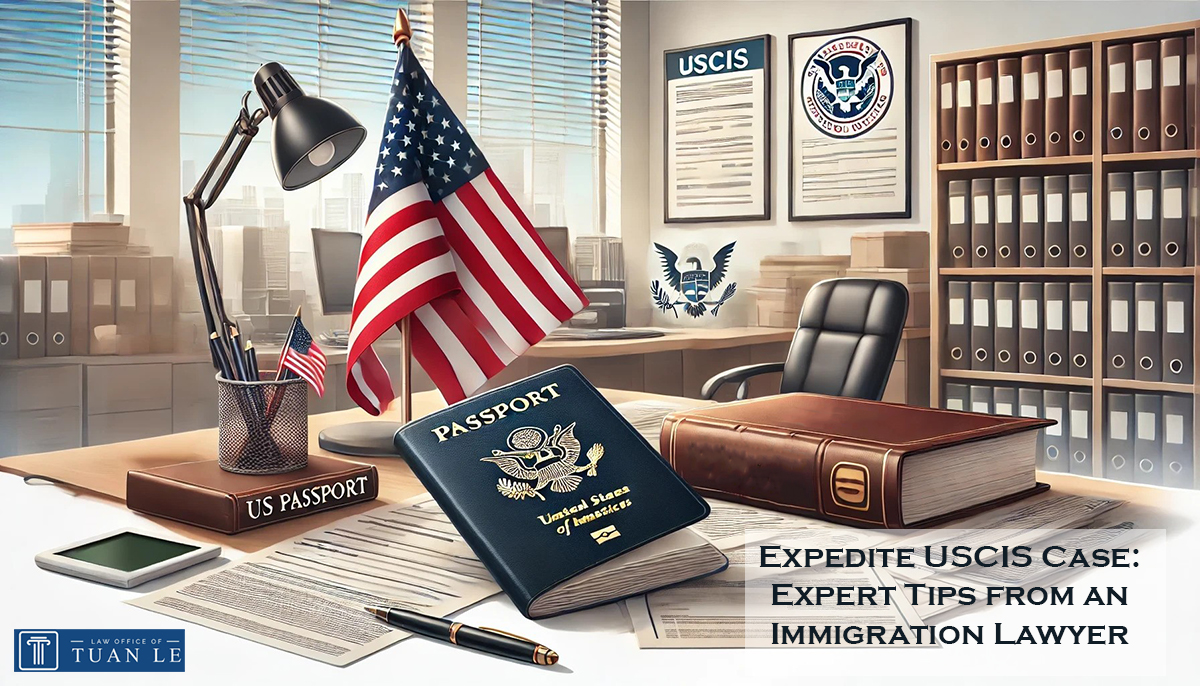
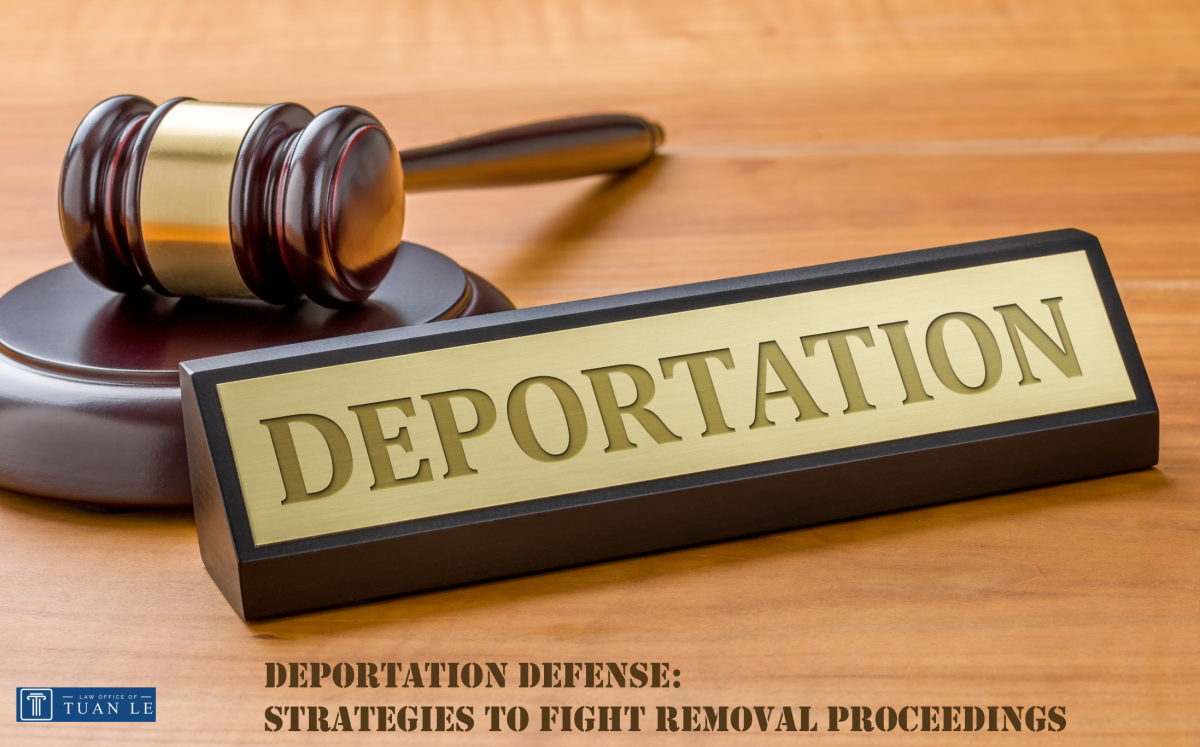
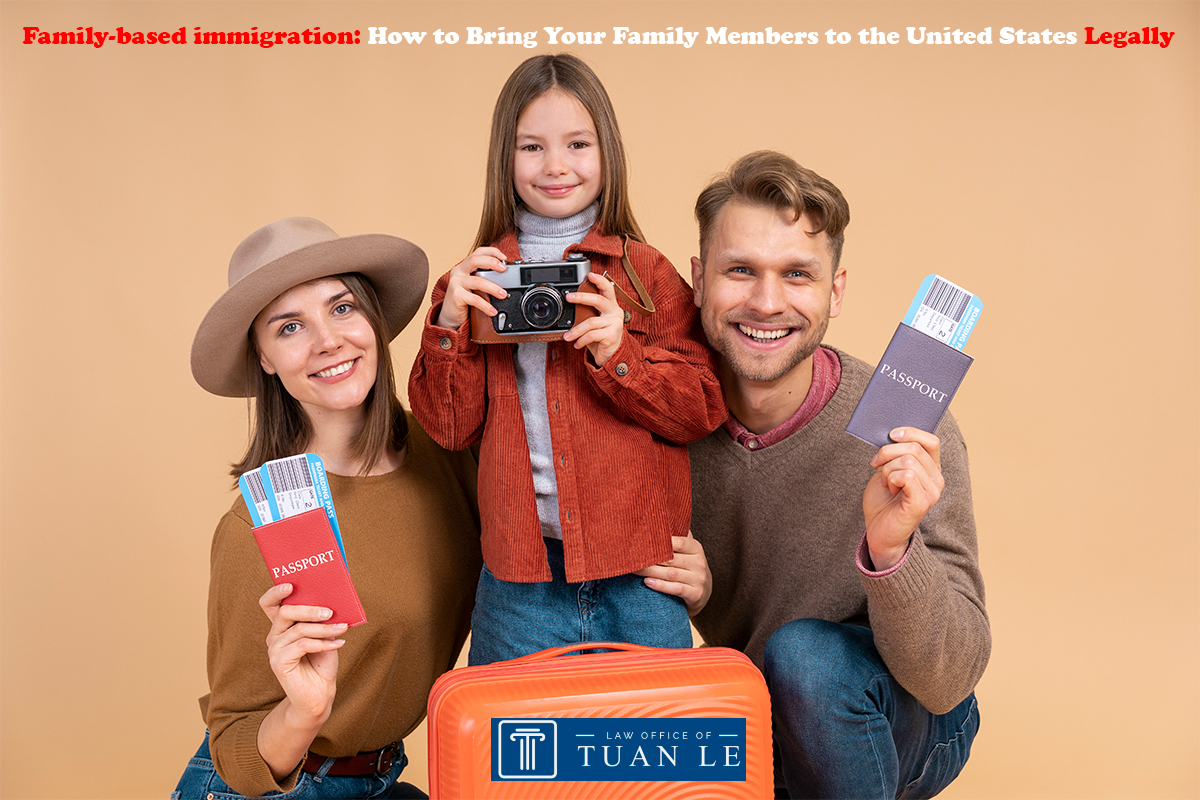
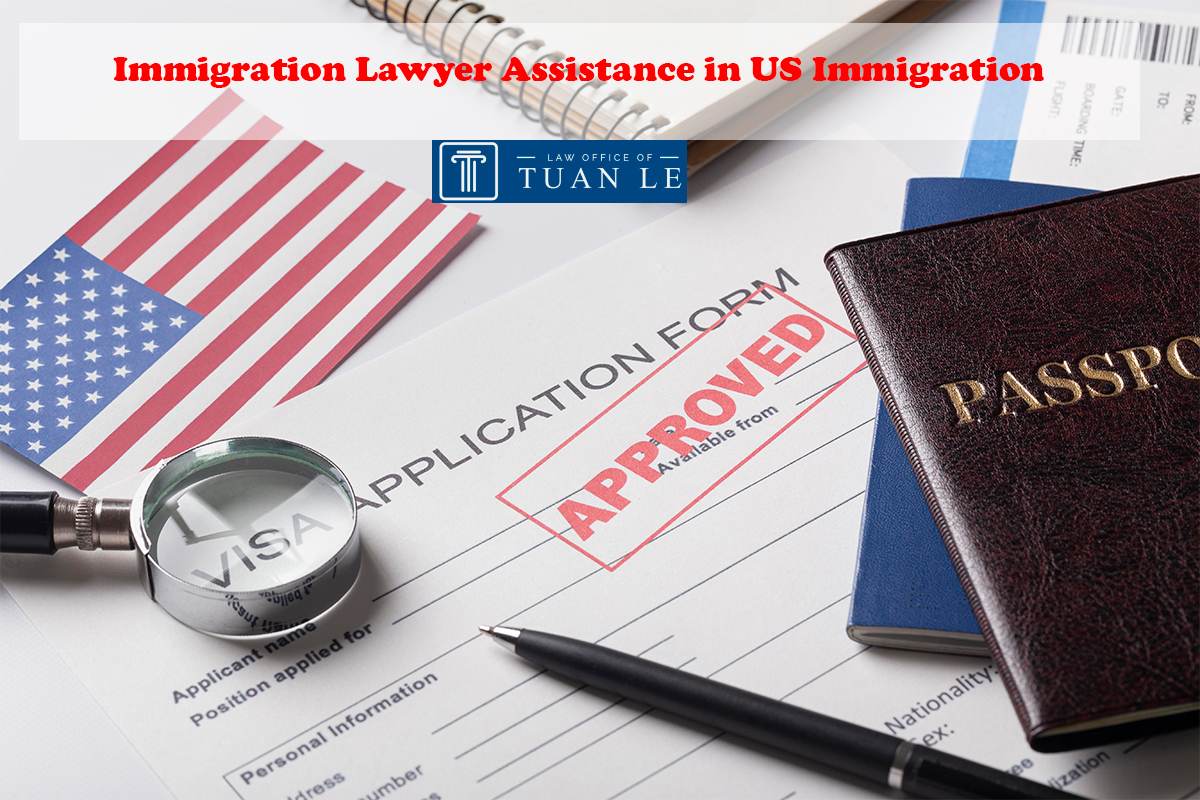
.jpg)
.jpg)
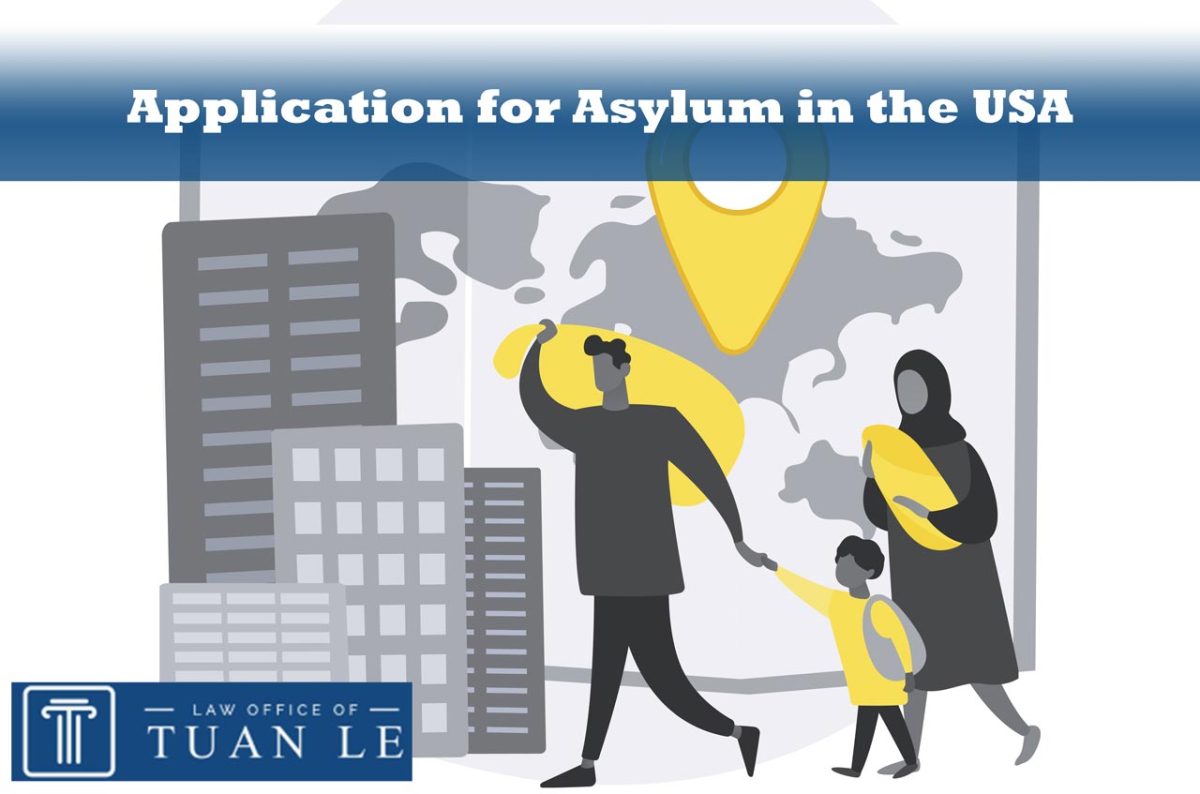
.jpg)
